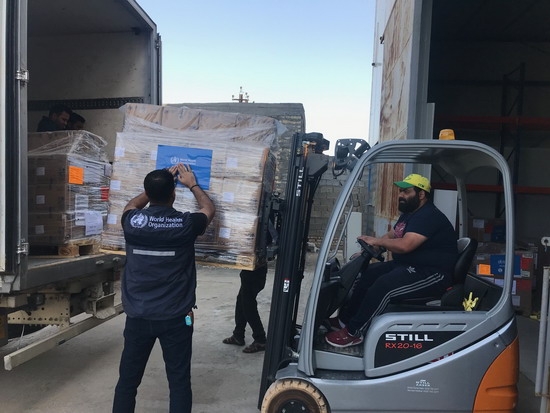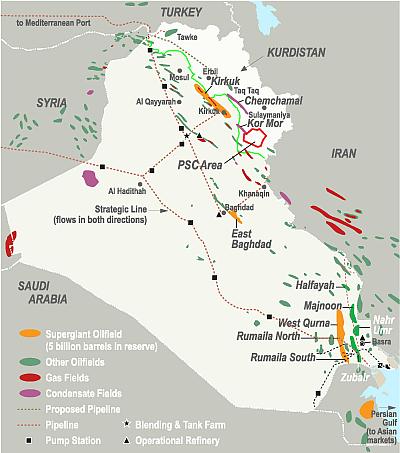The United Nations Development Program (UNDP), in partnership with the Ministry of Health and Environment, and in cooperation with Missan Governorate launched the Haweizah population support project for combatting climate change. The project is funded by the Swedish International Development Cooperation Agency (SIDA).
The project was launched in Missan Governorate. Attendees included members from UNDP’s Regional Bureau for Arab States (RBAS) as well as technical staff members of the Ministry of Health and Environment, representatives of the Governorate and local municipalities and Civil Society Organizations.
This two-year national project aims to support the marshland communities and enable them to withstand the risks associated with climate change that causes climatic disasters like recurrent droughts, which constitute a threat multiplier to the population. These droughts lead to a heightened poverty rates and migration due to water shortages and deteriorating environmental systems, which negatively affect peoples’ livelihoods.
The undersecretary of technical affairs at the Ministry of Health and Environment, Dr. Jasim Hamadi said:
“The Ministry, in cooperation with UNDP Iraq has endeavored to provide all the technical requirements to prepare the draft project document, based on our belief in the importance of these marshlands.
“We affirm our full commitment to this project to ensure that it will be a starting point for a genuine effort to support the marshland areas and their local communities by adopting new projects that aim to develop the socio-economic conditions of these areas, which are considered a significant cultural and environmental heritage not only to Iraq but also to the world.“
The project ensures innovative solutions for providing potable water to support the resettlement of the communities at Al-Huweizah marshlands. It also aims to promote livelihood diversification through development of eco-tourism, providing employment for women and youth, and building the capacities of the local staff and communities for operating water plants and activating women’s awareness, in addition to providing eco-tourism education that helps attract investment in the Governorate.
Missan Governor, Mr. Ali Dawai said:
“We expect that this project will be very successful, given that it directly targets and supports the local communities of Haweizah marshlands and provides an adequate environment to combat climate change.”
“The Missan Governorate is fully prepared to support and oversee this project to ensure its success, thanks to the services it will provide to the Marshland population.”
In her speech at the project launching workshop, Resident Representative of the UNDP Iraq, Zeina Ali Ahmad said:
“The subject of climate change is highly significant at present, and needs an immediate response from all countries to combat the changes in climate that can aggravate the suffering of the population and increase internal displacement and emigration.
“This project has been adopted to upgrade adaptability in the area, and its goals have been drafted to meet the needs of the local population and reduce displacement, targeting in particular the most vulnerable groups.“
The workshop was followed by an inaugural meeting of the project steering committee, through which the project action plan for 2021 has been presented. This action plan will be approved by the members after setting the priorities.
(Source: UN)
The post Combating Climate Change in Iraq first appeared on Iraq Business News.





